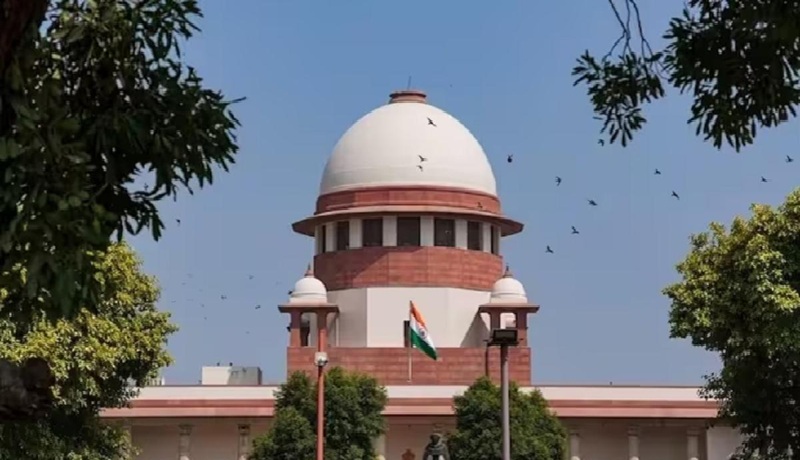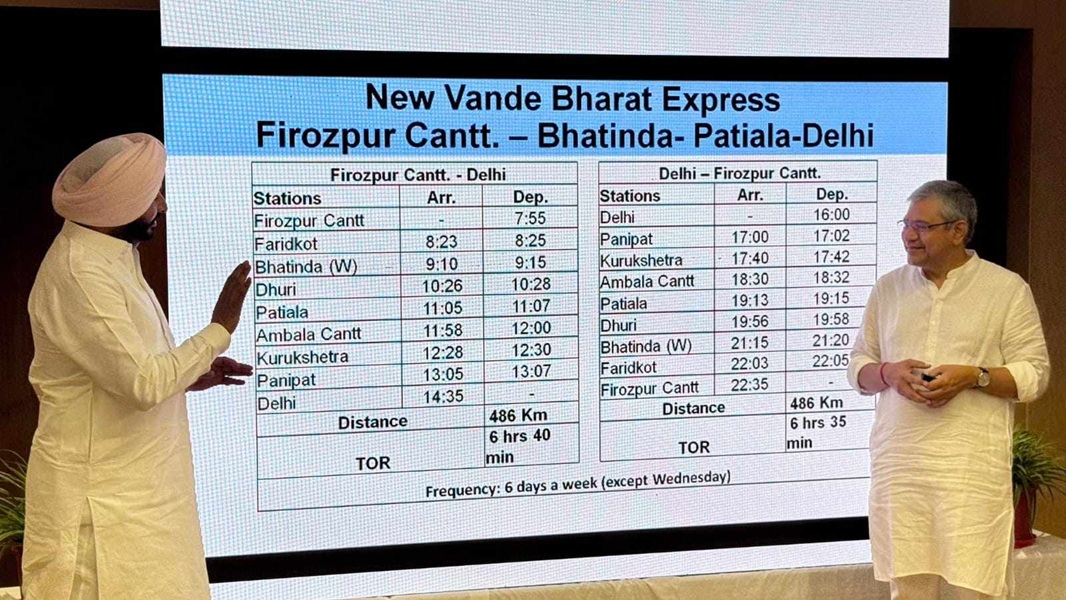New Delhi: In a historic judgment, the Supreme Court on Thursday made it mandatory for police and authorities to provide written reasons for any arrest — and that too in a language the accused understands.

The apex court ruled that this written information must be given within a reasonable time, and at least two hours before the person is presented before a magistrate. Failure to do so will render the arrest and detention illegal, the court declared.
Delivering the landmark ruling in Mihir Rajesh Shah vs. State of Maharashtra — linked to the Mumbai BMW hit-and-run case (July 2024) — a bench of Chief Justice B.R. Gavai and Justice Augustine George Masih asserted that this is not a “mere procedural formality” but a fundamental safeguard of liberty under Article 22(1) of the Constitution.
Justice Masih, in his 52-page judgment, stated:
“Informing a person of the reasons for arrest is a constitutional right, not a courtesy. It must be done in writing and in a language the person comprehends.”
The court also clarified that this rule applies to every offense, whether under the Indian Penal Code (1860 or 2023) or any special law.
If authorities cannot provide written reasons immediately, they may give them verbally — but the written note must follow swiftly, and never later than two hours before detention.
The bench warned that any failure to comply would result in the arrest being declared illegal, and the person must be released immediately.
In strong directions to ensure nationwide compliance, the Supreme Court ordered that copies of the judgment be sent to all High Courts and Chief Secretaries of every State and Union Territory.
The ruling tackled two crucial questions:
-
Is it mandatory to inform an accused of the reason for arrest in every case, regardless of the law invoked?
-
If immediate disclosure isn’t possible, does that make the arrest invalid?
The Court’s answer was categorical — yes, the reasons must be given, and no, the arrest cannot stand if this isn’t done.

The judgment underscores that failure to provide such information violates both Article 21 and Article 22, striking at the core of personal liberty.
“Liberty is meaningless if the citizen doesn’t even know why they are being arrested,” the Supreme Court said.











Leave a Reply